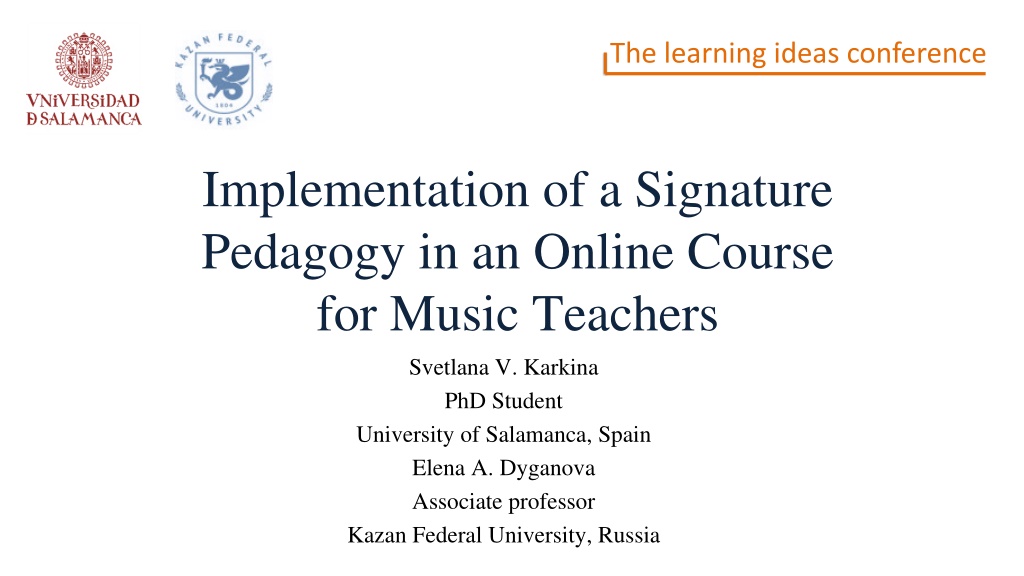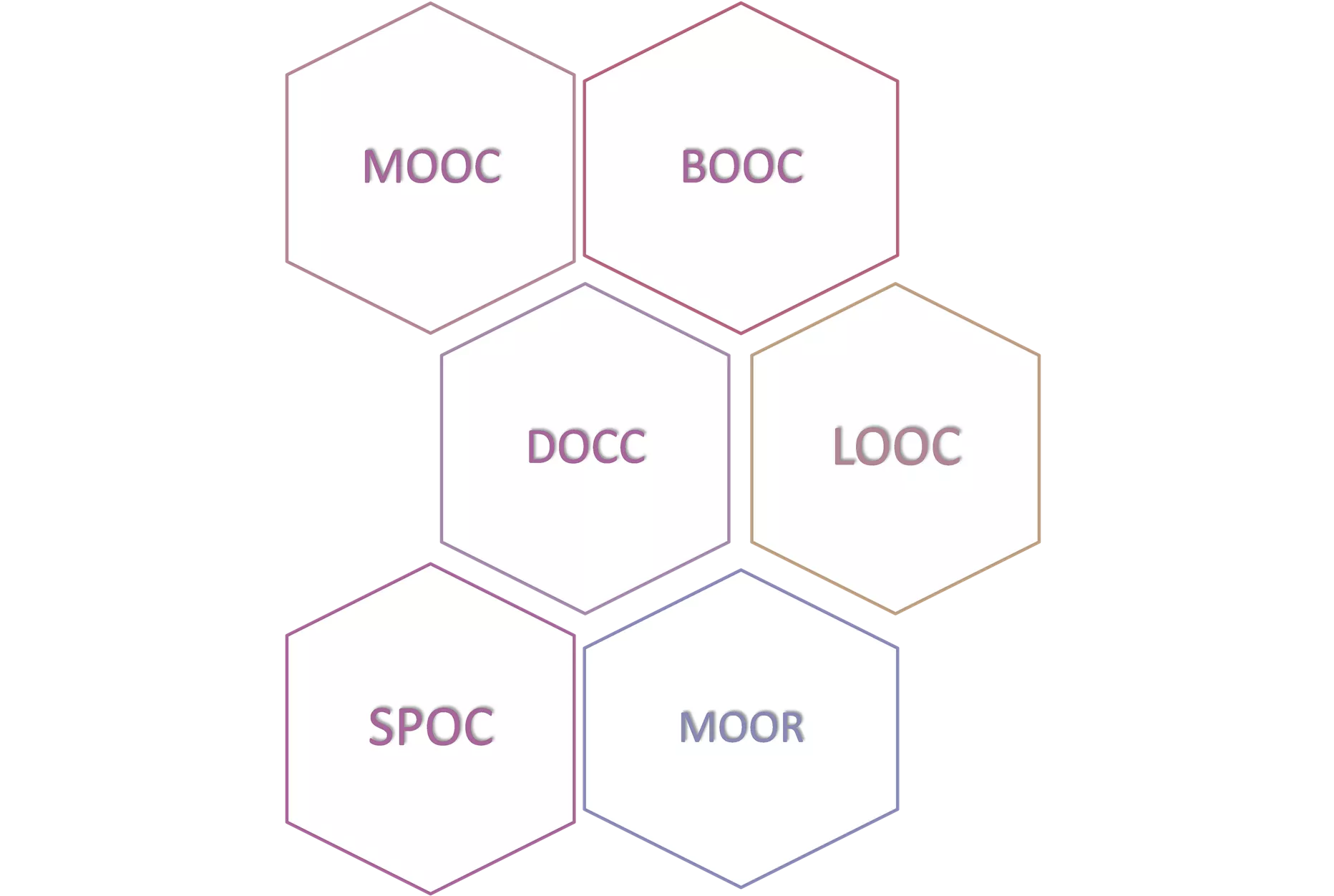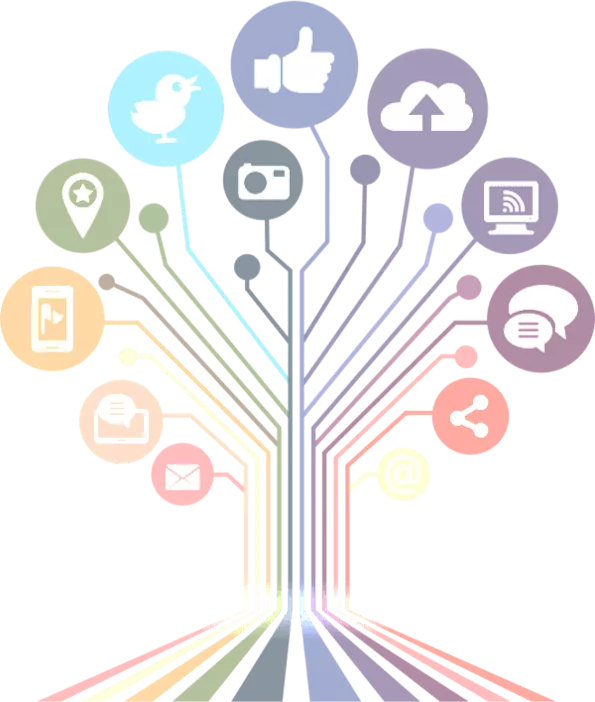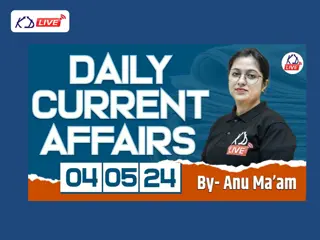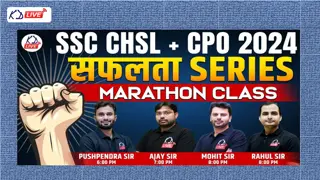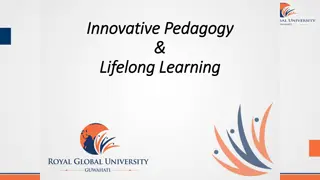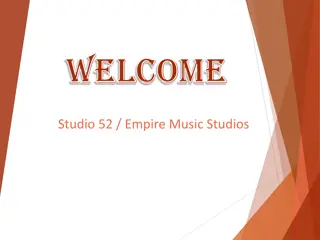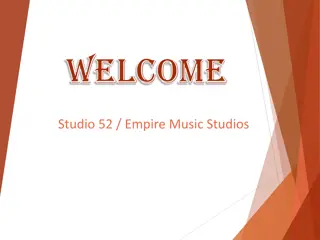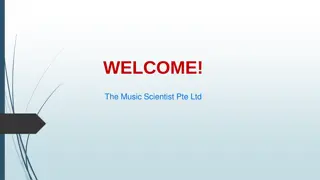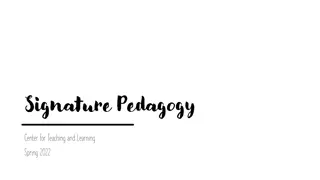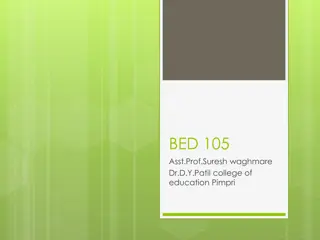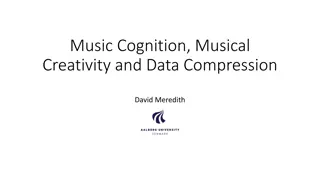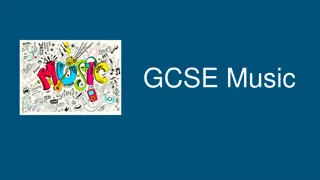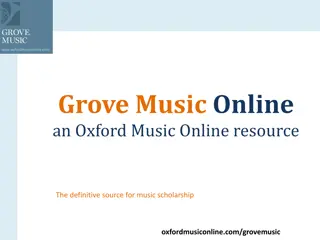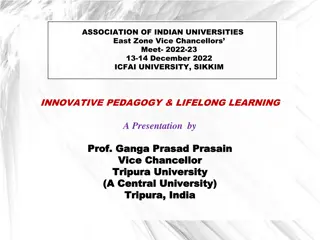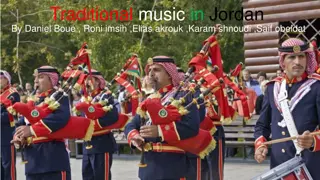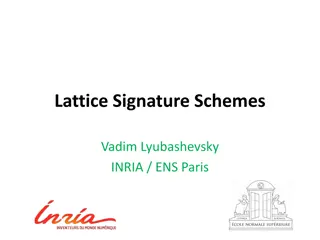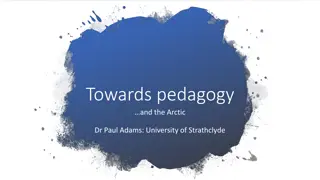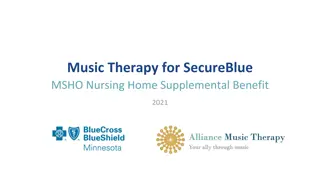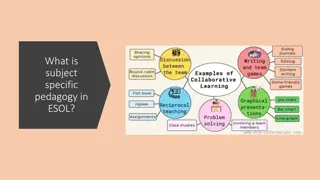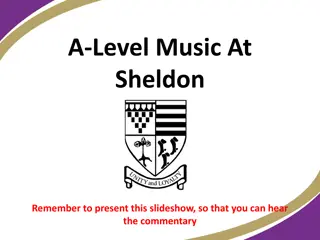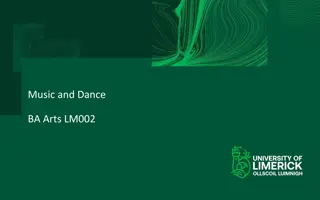Implementation of Signature Pedagogy in Online Music Teacher Courses
Explores the implementation of a Signature Pedagogy in an online course for music teachers, focusing on remote teaching technologies, improving music education through online services, and the concept of Signature Pedagogies in various fields such as Arts and Humanities. The study emphasizes empowering students to enhance their learning practices and success between lessons.
Download Presentation

Please find below an Image/Link to download the presentation.
The content on the website is provided AS IS for your information and personal use only. It may not be sold, licensed, or shared on other websites without obtaining consent from the author. Download presentation by click this link. If you encounter any issues during the download, it is possible that the publisher has removed the file from their server.
E N D
Presentation Transcript
The learning ideas conference Implementation of a Signature Pedagogy in an Online Course for Music Teachers Svetlana V. Karkina PhD Student University of Salamanca, Spain Elena A. Dyganova Associate professor Kazan Federal University, Russia
Online technologies for remote teaching MOOC BOOC LOOC DOCC SPOC MOOR
International Journal of Music Education Pamela D. Pike Improving music teaching and learning through online service: A case study of a synchronous online teaching internship Louisiana State University, USA empowering students to find their own sitting and hand positions was critical for effective practicing and success between lessons
Signature pedagogy by Shulman Lee Thinking Performance Acting with integrity
Signature pedagogies Systematic review from 2006 till 2020 Food systems 1 Management 1 Entrepreneurship 1 Science 4 Psychology 5 Arts and Humanities 15 Engineering Education 3 Health and physical education 5 Political Science 2 Psychology education 3 History education 4 Legal education 7 Early Years Education 4 Professional development 2 Management Education 3 Therapy education 3 Communication and disorders 5 Digital pedagogy 7 Design and technology education 3 Social Work Education 15 Higher education 5 School education 9 Leadership 7 Doctoral education 6 0 2 4 6 8 10 12 14 16
Signature pedagogies Systematic review from 2006 till 2020 Art and Humanities. Methods Writing studies (Heinert, 2017) Theatre performing (Kornetsky, 2017) Graphic design (Motley, 2017) Modern choreography (Kearns, 2017) Critique History class (Walker & Carrera, 2017) Orchestral composer workshop (Love & Barrett, 2019) Case study Journalism (Woolley, 2018) Integrated learning
The complex of components featured the structure of University professional practice was used to characterize the signature pedagogy (Woeste, & Barham, 2006)
Research questions i. Which online tools can replace face-to-face learning in time of emergency in music teacher professional preparation? ii. Is the SPOC based on signature pedagogy affects future music teachers` learning outcomes and engagement?
Standard of Music Education USA 1.Singing, alone and with others, a varied repertoire of music. 2.Performing on instruments, alone and with others, a varied repertoire of music. 3.Improvising melodies, variations, and accompaniments. 4.Composing and arranging music within specified guidelines. 5.Reading and notating music. 6.Listening to, analyzing, and describing music. 7.Evaluating music and music performances. 8.Understanding relationships between music, the other arts, and disciplines outside the arts. 9.Understanding music in relation to history and culture.
Real Decreto 1006/1991, de 14 de Junio, Spain 1.Vocal performance. 2.Instrumental performance. 3.Perception, and attentive listening. 4.Identifying, and analyzing the sounds. 5.Recognition and understanding musical language. 6.Reading, and writing musical notation. 7.Improvising movements. 8.Interpretation and musical assessment. 9.Expressive practice and creation.
Music teacher` professional activities defined by E.Abdullin 1.Listening to music. 2.Vocal singing. 3.Playing musical instruments. 4.Composition. 5.Music-history activity. 6.Music-theory activity. 7.Music-mediated activity 8.Musical poly-artistic activity. 9.Improvising and interpretation of music.
Signature Pedagogy in Music Teacher Education by the means of SPOC Instrumental performing Singing solo and in ensemble Improvising melodies Understanding music in relation to history and culture Composing music Understanding relationships between music, the other arts Reading and notating music Evaluating music Listening to, analyzing, and describing music
Elements of SPOC for implementation of music teacher signature pedagogy Music teacher` professional activities Singing, alone and with others, a varied repertoire of music Performing on instruments, alone and with others, a varied repertoire of music SPOC e-sources 1. 2. Recording Chat with a teacher for feedback Stream Youtube Recording Stream 3. Improvising melodies, variations, and accompaniments 4. Composing and arranging music within specified guidelines Stream Youtube Recording Task Web seminar Youtube Web seminar Forum Task Recording Youtube Chat with a teacher Web seminar 5. Reading and notating music 6. Listening to, analyzing, and describing music 7. Evaluating music and music performances 8. Understanding relationships between music, the other arts, and disciplines outside the arts 9. Understanding music in relation to history and culture
Methodology Participated 56 students, who study music teacher undergraduate program at Kazan Federal University Data were collected from one academic semester during September 1, 2021 to January 31, 2022. Data collection and participants The evaluation was based on the method of questionnaire: Self-perception Musical intelligence and their online activity Measures and methods Cronbach s alpha ( ) The structural equation modeling (SEM) was executed through the software named nyx Statistical analysis
Students self-perception of professional readiness Average result (median) (max 5) Standard deviation Cronbach s alpha ( ) value Trend of professional practice Solo Performance .92 4.7 1.3685 Ensemble Performance .97 4.8 0.9875 Listening and evaluating .99 4.1 1.3256 Artistic creation .97 4.9 0.8984 Reading, analyzing and describing .95 4.9 0.5664 Understanding music in context .97 3.8 1.2983 Overall satisfaction .99 4.8 0.5683 Total result >.90 4.8 1.2983
Analysis of fostering students` musical skills by the means of signature pedagogy online course Criteria of music teacher` professional activities Instructional tasks
Discussion Computer technologies provides the expression an idea much more quicker and easier Matthew Hindson, composer I knew personally great number of people who had learnt to play musical instruments by the Youtube Midi-studio or computer lab allows to avoid mistakes or correct them later David Price, music teacher Frank Xavier, composer XXIst Century Music Development
Signature Pedagogy in Music Teacher Education by the means of SPOC in KFU
Signature Pedagogy in Music Teacher Education by the means of SPOC in KFU n Topics for fora Social status of a music teacher 21 Music Art in the Digital Age 20 The meaning of music for everybody 19 Standards in music education 5 Traditional music instruments VS digital tools 15 Creative activity in the music lesson 6
Signature Pedagogy in Music Teacher Education by the means of SPOC in KFU
Conclusions Online tools can replace face-to-face learning in a case of emergency, like COVID19 pandemic The design of a small private online course (SPOC) based on the signature pedagogy implemented by features of music teacher activity allowed students to improve their professional skills. The process promoted the student-teacher interaction and opportunity to offer for every student task in the field of his/her personal learning environment. The SPOC allows to provide flexible, adaptive and meaningful educational resource to accommodate students learning, work, and life goals. Comfortable way for self-improvement of students` knowledge and art creative skills through the productive training practice.
The learning ideas conference Thank you very much for your attention! Svetlana V. Karkina s.karkina@mail.ru PhD Student University of Salamanca, Spain Elena A. Dyganova Associate professor Kazan Federal University, Russia
